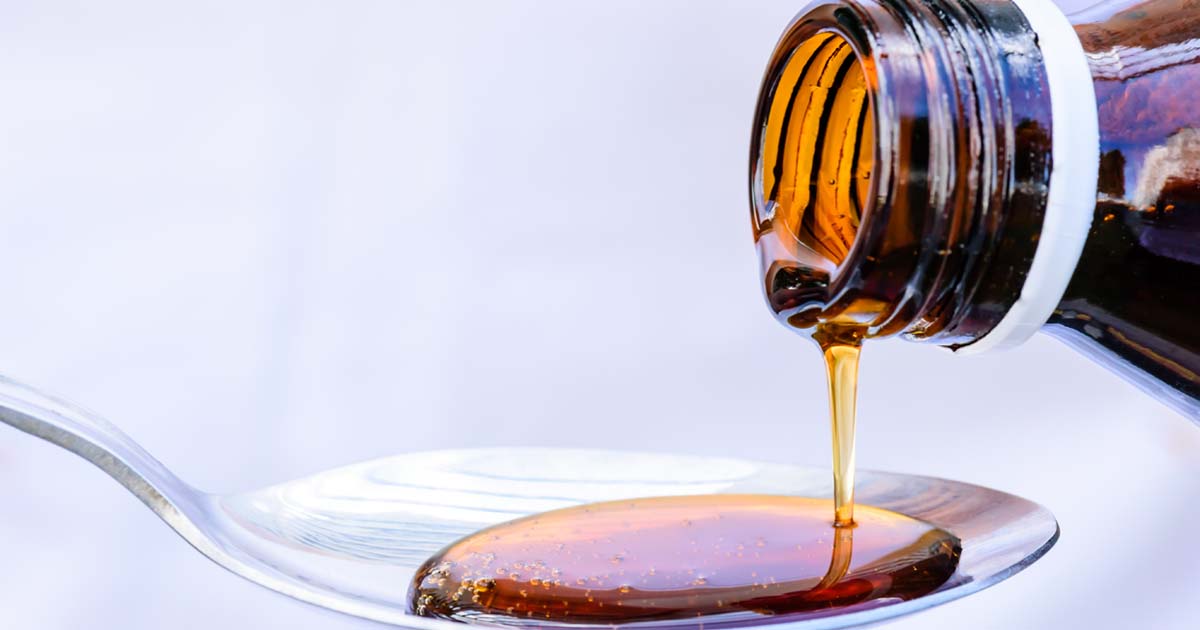The Woolcock Institute of Medical Research

Cough medication recall: what you need to know
You may have seen news that some common cough medications have been withdrawn from sale and recalled. Professor Brian Oliver explains why the medicines have been withdrawn, and what it means for people with lung conditions.
Cough medications and allergies
Being allergic to house dust mites or pollen is commonplace, especially for people with asthma or allergic rhinitis.
Allergies occur when our body recognises something as being foreign, and so produces a specific type of antibody known as IgE. It is also possible to be allergic without the involvement of IgE, especially in the case of food allergies. People with asthma might be familiar with skin prick testing: this is carried out to help work out what their asthma triggers might be.
Allergies typically occur against things in our environment, such as pollens, dust and animal fur. However, just like it is possible to be allergic to certain foods, it is also possible to be allergic to medications.
In Australia the safety and quality use of medications is governed by a government body known as the Therapeutic Goods Administration (TGA).
The TGA recently announced the withdrawal of 55 cough medications from sale which contain the drug pholcodine because some people develop allergies to pholcodine. In fact one study found that 10 percent of people are allergic to pholcodine in Australia.
Being allergic to pholcodine is only part of the reason why the TGA withdrew these medications. The bigger problem is that, in some people, being allergic to pholcodine also means they are allergic to certain types of general anaesthetics, which can result in a severe allergic reaction called anaphylaxis. Anaphylaxis can cause death in 3 to 6 percent of people undergoing surgery.
As it happens, the withdrawal of pholcodine-containing cough medications happened at exactly the same time as I developed a common cold and cough.
I went to the medication cabinet and tried to take the first cough syrup I could find in there. Fortunately for me, it had leaked out of the bottle, though it did create a sticky mess.
Of course, there is no need to be alarmed: if you have anything which contains pholcodine, just throw it out.
Want to stay up to date with our work on asthma, hay fever, COPD and other respiratory conditions? Sign up to our monthly newsletter
What does this mean for people with lung conditions?
My personal experience got me thinking about people with respiratory diseases, many of whom have chronic cough, especially those with Chronic Obstructive Pulmonary Disease (COPD).
COPD is a disease which in Australia is mainly caused by cigarette smoking, and unfortunately people with COPD are at a greater risk of developing lung cancer.
Many people with COPD regularly use medicines containing pholcodine to ease their cough symptoms. But, with evidence that pholcodine stays in people’s systems for some time, what does this mean for people with COPD? They can’t predict when they may need a surgical procedure requiring a general anaesthetic.
I think that this recall is a timely reminder to patients with lung diseases to talk to their doctor about the use of cough medications, especially if it’s possible or likely that they will need surgery or a bronchoscopy.
The message for everyone is, if you have anything in your home that contains pholcodine, simply throw it out. And, if you rely on products containing pholcodine to treat your lung condition, talk to your doctor.
Find out more
- TGA announcement about cancelling cough medicines
- The Woolcock Clinic has world-leading specialists in diagnosing and treating breathing disorders










